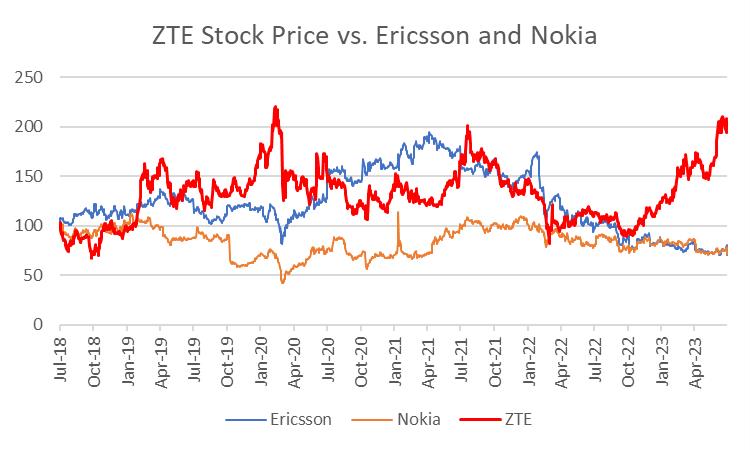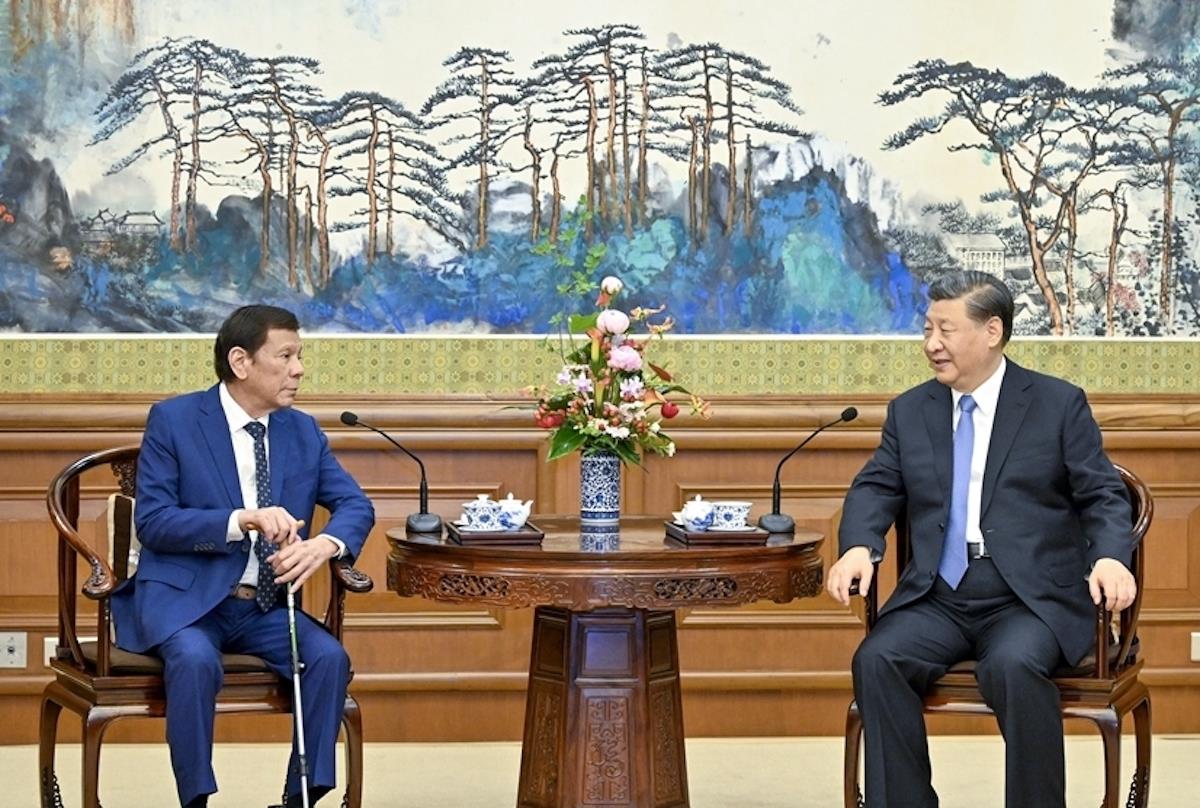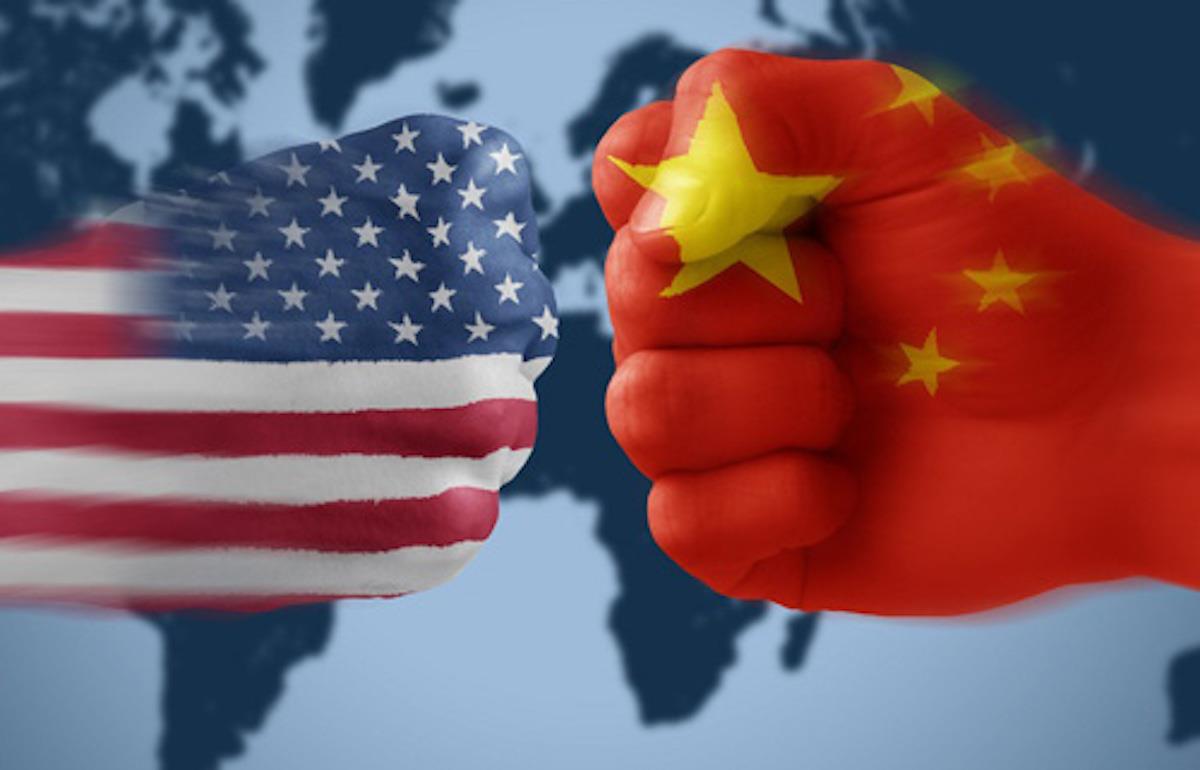The restrictions will be“narrowly targeted”; they will not be broad controls that would affect US investment broadly in China or have a fundamental impact on the investment climate for China, US Treasury Secretary Janet Yellen said in an interview with Bloomberg Television on Monday.
Bloomberg reported that the investment curbs against China will be announced by the end of August but won't take effect until next year as“the policy grinds through Washington's bureaucracy.”
The tone of the response from Chinese officials, while far from enthusiastic, is milder than that of Beijing's response on April 21, which called the US“selfish” and its move a“blatant act of economic coercion and sci-tech bullying.”
“China opposes US politicizing and weaponizing of trade and tech issues,” Mao Ning, a spokesperson at China's Foreign Ministry said on Tuesday.“It is in no one's interest to place arbitrary curbs on normal technology cooperation and trade, violate the market economy principles and destabilize global industrial and supply chains.”
Mao said China hopes that the US will follow through on President Joe Biden's commitment of not seeking to“decouple” from China, halt China's economic development or contain China. It should create a sound environment for China-US economic cooperation and trade, Mao said.
The Semiconductor Industry Association (SIA), representing the US chips industry, in a statement called on both the Chinese and US governments to ease tensions and seek solutions through dialogue.
“Repeated steps to impose overly broad, ambiguous, and at times unilateral restrictions risk diminishing the US semiconductor industry's competitiveness, disrupting supply chains, causing significant market uncertainty, and prompting continued escalatory retaliation by China,” said the SIA.
Latest stories china will focus on supply-side tech policy at politbureau meeting

telecom equipment stocks plunge in west, surge in china

xi plays duterte to send a message to marcos jr
The SIA urged the Biden administration to refrain from further restrictions until it engages more extensively with industry and experts to assess the impact of current and potential restrictions to determine whether they are narrow and clearly defined, consistently applied, and fully coordinated with allies.
Some commentators said the US curbs may not create much impact as China has its own AI and quantum computing technologies.
Media reports said Huawei Technologies launched ascend 910 , an AI chip using TSMC's 7nm technology, in 2019, and that the chip now has a 79% market share in mainland China. Huawei also established an AI cloud hub in Guizhou.
An IT writer says Huawei will stack up 16,000 Ascend 910 chips in a cluster that can train a chatbot equivalent to GPT3.0 later this year.
Besides, Origin Quantum, a Hefei-based quantum computer maker, launched its 6-qubit superconducting chip, known as KF-C6-130, in 2020. It also unveiled a 24-qubit quantum chip, KF-C24-100, in 2021.
China's five demands
The US Treasury's Yellen visited Beijing between July 6 and 9. By then Sino-US relations had fallen to the lowest point in decades after a Chinese spy balloon was spotted in North American airspace in late January. Beijing has been more willing to talk since media reports said in mid-April that Biden would sign an executive order that would restrict US firms and funds from investing in China's high technology sectors.
During Yellen's visit to Beijing, Chinese officials called for the cancellation of the extra tariffs, company sanctions, investment restrictions, export controls and Xinjiang product bans imposed by the US on China in recent years.
“The tariffs were put in place because we had concern with unfair trade practices on China's side - and our concerns with those practices remain,” Yellen told reporters during her trip to the G20 Finance Ministers
and Central Bank Governors (FMCBG)
meeting in India on Sunday.
“Perhaps over time this is an area where we could make progress but I would say it's premature to use this as an area for de-escalation, at least at this time,” she said.
She said the United States's chip export controls and investment restrictions against China were driven by national security considerations, not aimed at cutting ties with the country.
Besides, she said, she had discussed with Chinese officials about the Chinese economic slowdown, which will affect many other countries that export products to China. She said she thinks Chinese officials are anxious to communicate that the business environment in China is open and friendly.
She said the US will continue to push forward its“friend-shoring” policy of reshaping global supply chains to reduce over-reliance on China. Departing from India on Tuesday, Yellen is heading to Vietnam. The US treats both India and Vietnam as“friend-shoring” countries and Mexico as its top“near-shoring” place.
De-sinicization
Chinese commentators said“friend-shoring” and“near-shoring” are the real threats to the global economy.
“For some time, the US has been advocating 'decoupling,' 'friendly-shoring' and 'near-shoring,' and seeking to de-sinicize the global supply chain,” Qiu Haifeng, a commentator at the People's Daily, says in an opinion piece published on Monday.“These acts artificially split the world's supply chains, severely disrupted market rules and the international economic and trade order, and were widely criticised by the global community.”
“The term 'de-risking' is confusing and deceptive,” says Qiu.“Some US politicians are playing new tricks, trying to embellish their wording to boost their discourse power and avoid criticism.”
He says the US only wants to deceive the international community and lures allies to further“decouple” with China. He says“de-sinicization” will not help resolve the problems in the US but slow the world's economic development.
“'De-risking' seems to be milder than 'decoupling' but it actually broadens the definition of 'risk' and exacerbates the chaos of the global economic system,” Ma Xue, a researcher at the China Institutes of Contemporary International Relations, a unit of the Ministry of State Security, says in an article published on Monday.
“National security is a broad and vague concept, which covers not only cover a large number of US manufacturing products and firms but also civil-use research and communication tools,” her article says.
She adds that the US tries to label China as a risk and persuade its allies to join its de-sinicization plan. She says the restructuring of the supply chain will polarize the world and seriously obstruct global economic development.
In the first four months of this year, trade between the US and Mexico reached US$263 billion. Mexico surpassed China and Canada to become the United States' top trade partner.
read: china's june exports hit by weak western demand
Follow Jeff Pao on Twitter at
@jeffpao3
Like this:Like Loading... Related






















Comments
No comment